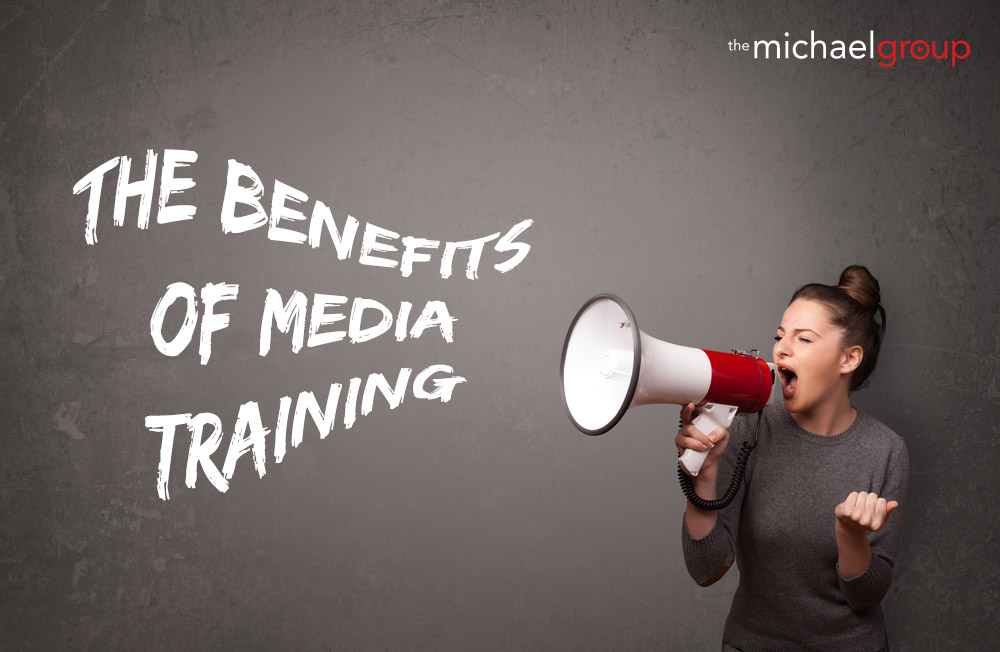
Media training is not a term one hears too often, although it is far more useful than it sounds. The objective of media training is to train individuals who often have encounters with media or the public and to develop and deliver their message in a compelling and capturing way. This can be achieved through interviews, on-camera appearances or general public speaking. Harnessing these valuable skills is done by teaching clients various techniques and includes learning about the following aspects:
Body language
Body language has a greater effect on people than most would think. Companies – like the Michael Group – will teach you how the art of body language can have an impact on those surrounding you. This is achieved by providing you with tips, tricks, and techniques of how to change your body language to communicate your message and suit the appropriate situation to have it work in your favor. It is not called a “language “ for no reason, after all!
Wardrobe and make-up
Imagine your president delivering his inaugural speech in a sweat suit and sneakers. Would you take him seriously? Probably not! Media trainers will teach you what outfit suits which situation in more detail than just when to wear a suit or not. They will advise you about how to use dress to appeal to your audience, whoever it may be. They teach you the finer details of “ communication through clothing”. They will also give you similar tips regarding make-up, whether you’re already a DIY make up pro or not.
The art of communication
Media trainers will teach you HOW to speak, what to say, and when to say it. They do this through enacting real life situations and teaching you how to sound professional so as to make your speech leave a lasting impression from which people can sufficiently quote valuable phrases, etc.
Technical bits
When dealing with the media, you will often have to deal with technical gadgets like a microphone, earpiece, or teleprompter. Using these devices will be incorporated into your media training so that they become mere formalities when you have real life encounters.
Owning it
Finally you will also be taught how to control a situation – i.e. how to handle different people and their approaches, and how to answer questions off-hand quickly and confidently (such as when a reporter questions you on live television). By enacting these real life situations, your errors will be downsized and you will be trained to think quickly while still staying relaxed. This will allow you to get comfortable with handling different media procedures before actual situations. This will also ensure that by the end of training, you are confident to handle your future encounters with poise and calmness.
Media training can be done at companies like the Michael Group, and with people who have good experience as experts in the field. It is highly recommended for CEO’s, celebrities, chefs, and general business executives to undergo media training, and will be a great advantage to anyone who embarks on a career in front of the media!